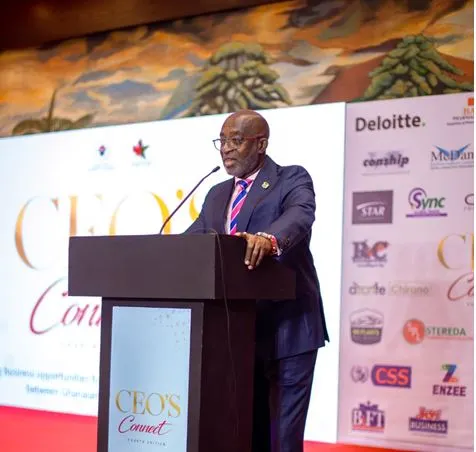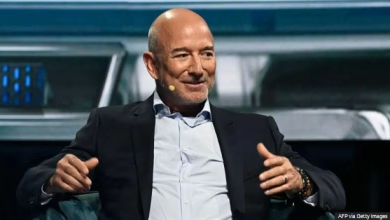GIPC Raises Concerns Over Tax Harassment of Foreign Investors

- Yofi has expressed deep concern over the harassment of foreign-owned businesses
- Grant urged the GRA to address these concerns
- He advocated for a collaborative approach
Yofi Grant, the Chief Executive Officer of the Ghana Investment Promotion Authority (GIPC), has expressed deep concern over the harassment of foreign-owned businesses by tax officers from the Ghana Revenue Authority (GRA).
According to Grant, numerous foreign companies have been visiting the GIPC office to complain about constant harassment related to varying tax charges and policies.
This, combined with other investor concerns such as unfavorable tax policies, exchange rate fluctuations, and inflation, has become a major impediment to doing business in Ghana.
The GIPC boss warned that such harassment could undermine the country’s attractiveness as an investment destination, particularly at a time when foreign direct investment to Africa has declined post-COVID-19.
Grant urged the GRA to address these concerns and create a more conducive business environment for all investors.
He advocated for a collaborative approach to resolving tax-related issues and ensuring fair treatment for foreign investors.
The GIPC CEO’s appeal is timely, as the domestic economic landscape has been significantly impacted by tax policies implemented since 2017.
High interest rates, local currency volatility, and high inflation, coupled with nuisance taxes, have hindered business growth and sustainability.
The panel discussion also highlighted the impact of tax harassment on multinational brands. Several companies, including Glovo, Nivea, Game, Jumia Food, and Unilever, have exited the Ghanaian market due to the country’s unfavorable economic climate.
The fluctuating value of the cedi has further impacted profit margins for businesses that rely on imported raw materials.
While the panel acknowledged the high business operating costs and taxation, they urged foreign investors to familiarize themselves with tax regulations and ensure compliance.
The GRA was also urged to find more efficient ways to collect outstanding taxes without resorting to frequent visits to businesses.






